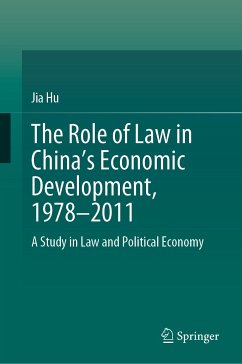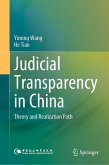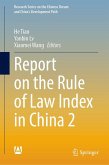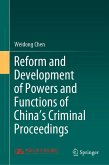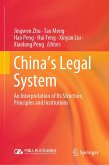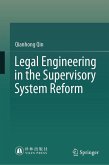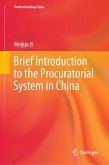By decomposing the role of law in the process, the author argues that while the Chinese economy was transforming from a planned economy to a market-oriented one, the law also made its adjustment as a response-the Chinese legal system was evolving from the one consisting of primarily substantive laws to the one filled with high-level formal laws by the end of the last century. The above observation of legal formalization is further consolidated by introducing the particularities of China's legal education in those years-a topic rarely dealt with yet of significance to comprehensively understand the Chinese legal system in practice.
Overall, the present book argues against the modernization theory and determinism that would anticipate a similar developmental path globally and shows that the relationship between law and economic development is contingent. Therefrom, this study weighs in the law and development debate and breaks a perception of static law in the economy by rejecting the conventional perception of established legal institutions as a precondition of modernity.
Hence, this book could appeal to legal scholars and sociologists interested in reevaluating western theories of free economy and its relationships to the law. In addition, scholars interested in research methodology would find the perspective of paradigm shifts in interpreting China's transformations a helpful analytical framework in research. Moreover, policymakers and legislators concerned about the characteristics of law for economic results would also find the book useful.
Dieser Download kann aus rechtlichen Gründen nur mit Rechnungsadresse in A, B, BG, CY, CZ, D, DK, EW, E, FIN, F, GR, HR, H, IRL, I, LT, L, LR, M, NL, PL, P, R, S, SLO, SK ausgeliefert werden.

